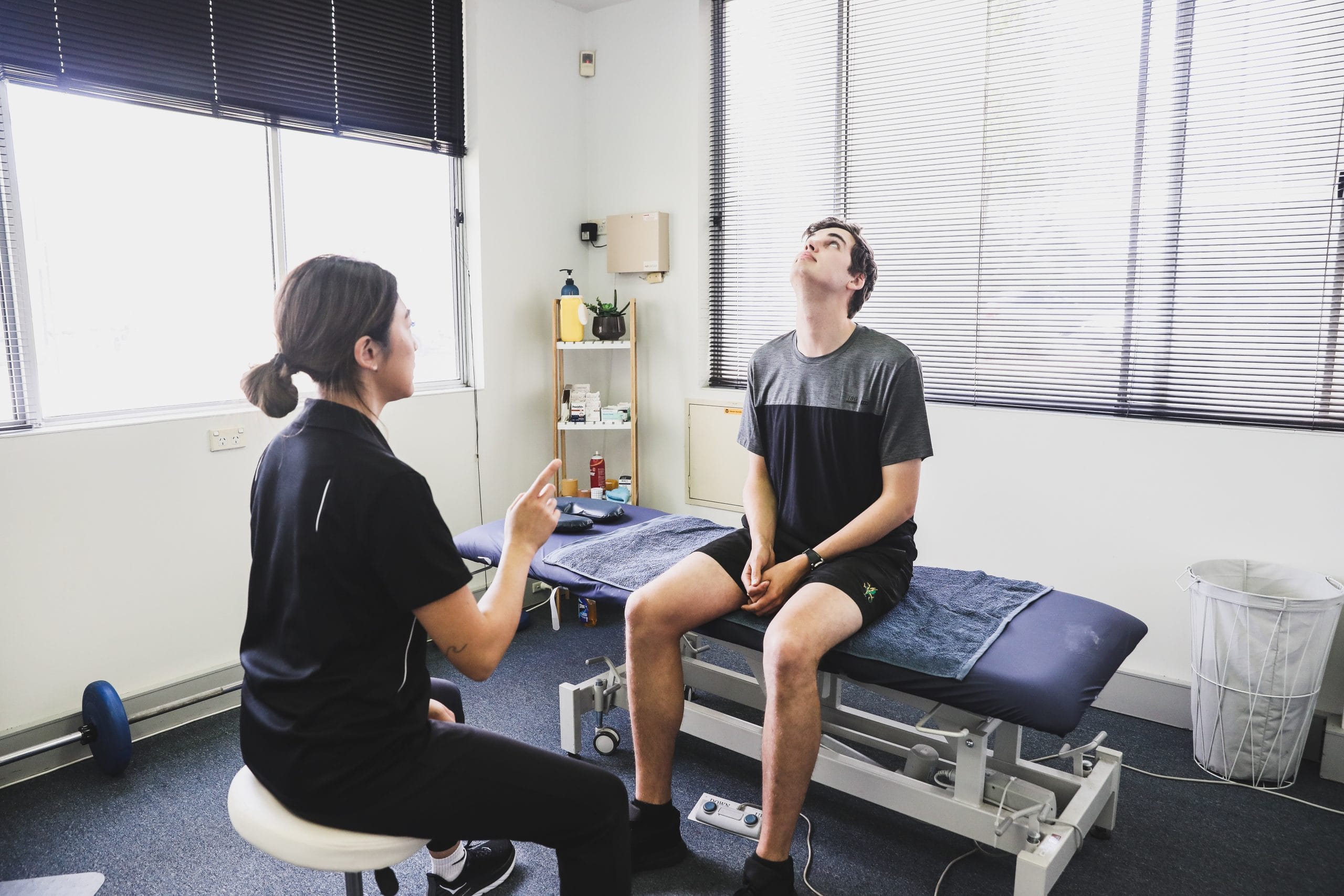
Stress can have a profound impact on our everyday lives. Not only does it take its toll mentally, but it can also manifest itself physically. Unchecked, stress can lead to a variety of health problems, including high blood pressure, heart disease, and diabetes. But can stress cause vertigo?
The short answer? No, it can’t cause vertigo – but it can definitely trigger vertigo symptoms.
Let’s break it down.
What Is Vertigo?
Vertigo is essentially a type of dizziness. You may feel like your body or surroundings are spinning or tilting, and it can result in a loss of balance. In more intense cases, vertigo can cause nausea, headaches, difficulty walking, and hearing problems.
The important thing to remember is that vertigo is not a condition itself – it’s simply a symptom of another underlying issue.
Vertigo falls under two categories:
1. Peripheral vertigo. This is the most common type of vertigo, and occurs as a result of issues in the inner ear or with the vestibular nerve.
2. Central vertigo. This stems from a problem in the brain, including following something like a stroke, brain tumour, or even a bad migraine.
Within these two types are a range of conditions. One of the most common is Benign paroxysmal positional vertigo (BPPV). Basically, we have a bunch of calcium particles that live in our inner ear. But sometimes, these come loose and move around to places they shouldn’t. When they float around in the semicircular canals, you may experience vertigo.
Other peripheral causes may include:
- Meniere’s disease
- Labyrinthitis
- Cervical dizziness
Issues with the vestibular system are the most common causes, though.

How Can Stress Physically Impact You?
It can be really easy to think of stress as purely mental, but it’s surprising just how much stress impacts our entire body.
Have you heard of the hypothalamus? It’s basically your brain’s control tower. If you’re in a tense situation, your hypothalamus says to your body, ‘Hey! It’s time to stress!’ and sends out your stress hormones.
And while your brain is freaking out, your body is also responding. You might feel your heart beating a little bit faster, your breathing get a little bit quicker, and your muscles tense.
This is what your body is supposed to do; it’s ready for action, whichever action you may need to take for said stressful situation. But what if it’s ongoing stress? What if you’re stressed day in and day out? Or what if you have an anxiety disorder and struggle to regulate your emotions? Your body keeps firing those stress responses and, eventually, it takes its toll on your health.
Not only can it affect your mood and make you a lot more irritable or depressed, but it can also result in issues with your central nervous, endocrine, respiratory, cardiovascular, digestive, muscular, immune, and reproductive systems. So… pretty much every system in your entire body is under fire. Yikes!
This means that if you experience a condition with vertigo as a symptom, stress very well may increase your vertigo.

How Can Stress Trigger Vertigo Symptoms?
Can stress cause vertigo? No. But the vestibular system and stress are linked. Home to your inner ear, the vestibular system helps maintain your balance and informs your brain about your movements.
When you’re stressed, and your brain sends out your fight or flight hormones (cortisol and adrenaline), your autonomic nervous system is activated. Your heartbeat is elevated, your breathing quickens, and you’re more alert. But with that comes a slew of unfortunate side effects… including your blood pressure rising and adrenaline increasing. Hello, vertigo.
When your stress levels are skyrocketing, the transmission of information from your vestibular system and your brain can be negatively impacted. If you have an existing condition, like an issue with your inner ears or vestibular nerve, stress can trigger these symptoms.
Anxiety is a bit of a different story. If you have an anxiety disorder, or suffer from panic attacks, your cortisol and stress hormones are elevated on an ongoing basis – and studies have shown that those with anxiety disorders are more likely to develop BPPV.

How To Reduce Stress-Induced Vertigo Symptoms
It might come as a surprise, but the best way to reduce vertigo symptoms brought on by stress is to reduce your stress. Crazy, right?
But, of course, that’s easier said than done. The source of stress will differ from person to person, and there isn’t one set fix for reducing stress. However, some very general ways to help keep stress at bay can include:
- Exercise regularly. Get that blood pumping and enjoy the endorphins. It’s a fact that physical activity reduces stress levels and can help improve your mental health.
- Minimise screen time. We’re surrounded by phones, computers, tablets, and all technology in between on a daily basis. It can be helpful to ensure you’re minimising your screen time and switching off, especially at the end of the day before bed.
- Eat healthy. Make sure you’re getting all the nutrients you need and cutting back on processed and high-sugar foods, as these can negatively impact your mood.
- Reduce caffeine. If you’re a caffeine fiend, this can be a tricky habit to break. But reducing your coffee intake gradually is a great way to lower your stress levels.
- Create solid boundaries. We need boundaries in every aspect of life, not just for our work/life balance. Make sure you’re putting yourself first and not giving too much of yourself to others – no one can pour from an empty cup.
If you’re struggling with anxiety, consider seeking help from your GP. You may benefit from medication or a therapy plan.

Physiotherapy Can Help With Your Vertigo
When it comes to BPPV or cervical dizziness, physiotherapy can help with vertigo.
Once any other potential conditions have been excluded, one of our physiotherapists can get to work. For BPPV, something called the Epley’s manoeuvre can be performed as well as other types of manoeuvres to shift the particles in the inner ear back into place.
For cervical dizziness, which stems from neck stiffness or dysfunction, manual treatment to your neck paired with exercises to increase muscle strength can do wonders for your vertigo symptoms.
If you’re not sure what is causing your vertigo or want to get started with physio for vertigo, give the team at Integrity Physio a call.




